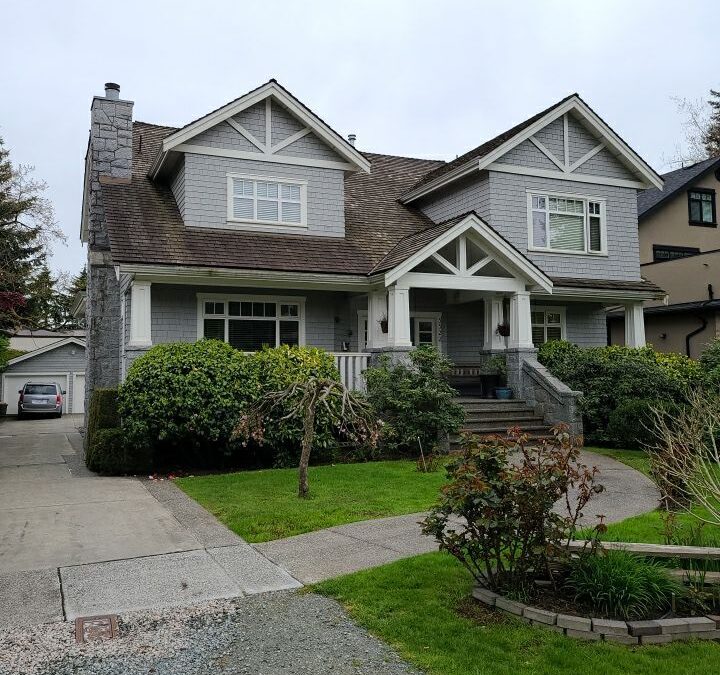When you’re buying a new home, it’s easy to get swept up in the excitement of fresh beginnings and endless possibilities. But have you thought about the roof? It’s one of the most important elements of any home. Overlooking its condition could cost you down the line, especially when roof replacement costs average around $9,191, ranging from $5,000 to $15,000. In some cases, the cost can skyrocket up to $80,000. That’s not pocket change.
Many homeowners replace their roofs because of serious issues. Clearly, investing in a thorough roof inspection before buying can save you from headaches and hefty bills later on. Working with a reliable roof company ensures that you know exactly what you’re getting into.
In this guide, we’ll walk you through key factors to check, from roof age and materials to drainage and warranties, to help you make the best decision for your new home.
1. Overall Roof Age
Knowing the age of a home’s roof is crucial when considering a purchase. Roofs don’t last forever, and their expected lifespan varies based on the materials used. For example, asphalt shingles—a common choice for residential roofing—typically last 20 to 30 years, while metal or slate roofs can endure for 50 years or more. If the roof company that previously worked on the roof can provide documentation, even better. This can give you a clear picture of how much life is left and help you plan for future maintenance or replacement costs.
Older roofs may be at a higher risk for issues like leaks, missing shingles, and general wear and tear. Considering that roof replacement costs can range from $5,000 to $15,000, knowing the roof’s age will help you avoid unexpected expenses after moving into your new home. Make sure to work with a reputable inspector to assess the roof’s condition thoroughly
2. Roof Materials and Quality
The type of materials used on a home’s roof plays a major role in its durability, maintenance needs, and overall performance. When evaluating residential roofing, you’ll find a variety of options, such as asphalt shingles, metal, tile, and slate. Each material has its strengths and weaknesses. For instance, asphalt shingles are popular due to their affordability and easy installation, while metal roofs are known for their impressive lifespan and resistance to harsh weather.
When buying a new home, it’s important to assess whether the existing roof materials match the climate and conditions of the area. For example, in regions like Langley, where rainfall can be significant, a roof that offers excellent water resistance is crucial. High-quality materials can help reduce future repair costs and extend the roof’s overall life, making it a wise investment. Consulting with a trusted roof company ensures you fully understand the quality and condition of the roof materials before making a commitment.
3. Visible Damage or Wear
Take a good look at the roof—sometimes, what you see can tell you a lot. Are there shingles that are cracked, missing, or curling at the edges? That’s a red flag. Dark patches or areas with moss could mean moisture is seeping in, and if you spot any sagging sections, it might indicate deeper structural trouble. These visible signs shouldn’t be ignored, especially when considering a new home purchase.
In Langley and other areas with rough weather, roofs have taken a beating over the years. So, catching signs of damage early can save you from costly surprises later. For a detailed guide on checking for potential damage, you can refer to Vancouver Roofers Reveal 7 Vital Steps to Check for Roof Damage After a Storm. Teaming up with a trusted roof company can also provide a deeper assessment of any visible wear, saving you from unexpected repair costs down the road. This step ensures you know what you’re dealing with and whether the residential roofing is truly up to par for long-term safety and comfort.
4. Ventilation and Insulation
Proper ventilation and insulation might not be the first things you think of when inspecting a roof, but they’re essential for a comfortable and energy-efficient new home. Good ventilation allows hot air and moisture to escape, keeping the attic dry and preventing issues like mold, mildew, or damage to your residential roofing. Without it, trapped heat and moisture can weaken the roof’s structure over time.
Insulation is just as critical. It helps regulate the indoor temperature, cutting down on heating and cooling costs. If the insulation is poor or outdated, it could mean higher utility bills and a less comfortable home. For areas like Langley, known for its wet climate, having the right balance of ventilation and insulation is even more important to prevent moisture-related problems.
To make sure everything is working as it should, consider having a roof company assess the roof’s ventilation and insulation. They can identify any gaps or issues that might lead to long-term problems, giving you peace of mind before you commit to buying.
5. Gutters, Downspouts, and Drainage
When checking out a new home, it’s important not to overlook the gutters, downspouts, and overall drainage system around the roof. These parts work together to keep rainwater flowing away from your home, preventing water damage and leaks. Clogged or damaged gutters can cause water to pool on the roof or around the foundation, leading to costly repairs down the line.
Make sure the gutters are securely attached, free of rust or heavy debris, and that the downspouts direct water away from the house. Proper drainage is especially important in places like Langley, where rain is frequent. Poor drainage can lead to moisture problems that might impact the residential roofing and even other parts of the home.
Teaming up with a roof company to inspect these elements ensures they are functioning correctly. They can spot potential issues and help you avoid unexpected repair costs, keeping your new home safe and dry for years to come.
6. Previous Repairs and Maintenance History
Before you buy a new home, it’s important to learn as much as you can about the roof’s repair and maintenance history. If there have been frequent repairs, it could be a sign of ongoing issues or poor-quality work. On the other hand, regular maintenance by a professional roof company can be a good indicator that the roof has been well taken care of.
Ask for any available records of past inspections, fixes, or upgrades. This information can help you gauge the roof’s overall condition and predict future needs. If previous work was done by a reputable roof company, you may also have access to warranties that could cover future repairs. A well-maintained residential roofing system is more likely to last longer and protect your investment without surprise expenses. Knowing the history can give you confidence that your new roof is ready to stand up to whatever comes its way.

7. Roof Warranty
A roof warranty can offer peace of mind when buying a new home. It’s important to find out if the existing roof has a warranty in place and what it covers. Some warranties are transferable to new owners, which could save you money on future repairs or replacements.
Not all warranties are the same, though. Some may only cover materials, while others might include labor costs. If the roof was installed or repaired by a reputable roof company, it’s worth asking about the terms of any warranties they provided. This ensures that any potential issues, like leaks or material defects, are addressed without you footing the bill entirely.
For residential roofing, having a solid warranty in place is a sign that the roof was installed with care and quality materials. If there is no warranty or it’s expired, you might want to factor in the potential cost of repairs or replacements when negotiating the home’s price. Working with a roof company can also help you explore warranty options for future peace of mind.
What does Roof Company suggest?
Buying a new home is exciting, but don’t let that excitement make you forget about checking the roof. A strong, well-maintained roof means fewer headaches and lower costs down the road. Pay attention to the age, materials, any visible damage, and even the roof’s ventilation and drainage setup. Make sure there’s a solid warranty if possible—it can save you a lot of stress later.
Working with a reliable roof company can make all the difference. They’ll spot things you might miss and give you the confidence to move forward with your purchase. Remember, taking a bit of extra time to inspect the residential roofing now can protect your home and your wallet in the years to come. When in doubt, trust the experts to guide you right.

